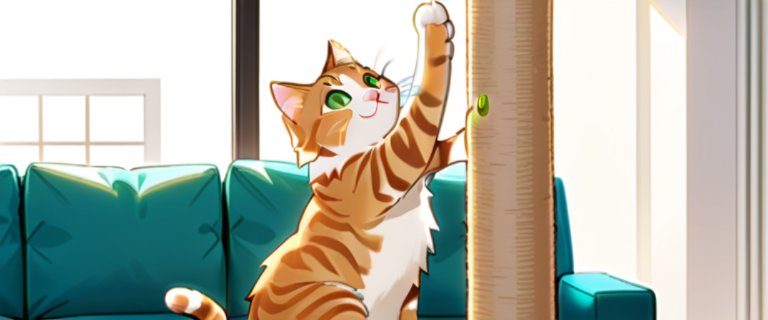How to Effectively Correct Destructive Behavior Habits in Pets
Destructive behavior in pets can be frustrating for any pet owner. Whether it’s your dog chewing on your favorite pair of shoes or your cat scratching the sofa, these habits can quickly turn your home into a disaster zone. But don’t worry! At Pet Training, we’re here to help you understand why pets engage in these behaviors and how to correct them effectively.

Understanding the Root Causes
Before you can correct destructive behavior, it’s important to understand why it’s happening. Pets often chew, scratch, or dig out of boredom, anxiety, or a lack of proper training. For example, puppies chew to relieve teething pain, while dogs may dig to burn off excess energy. Cats scratch to mark their territory and keep their claws healthy.
I remember when my own dog, Max, started chewing on the furniture. At first, I was frustrated, but then I realized he was just bored. Once I provided him with more toys and exercise, the chewing stopped almost overnight.

Providing Alternatives
One of the most effective ways to correct destructive behavior is to provide your pet with appropriate alternatives. For dogs, this might mean chew toys or puzzle feeders. For cats, scratching posts or pads can save your furniture. At Pet Training, we recommend rotating toys to keep your pet engaged and interested.
It’s also important to praise your pet when they use the correct items. Positive reinforcement goes a long way in shaping good behavior.

Exercise and Mental Stimulation
Many destructive behaviors stem from a lack of physical or mental stimulation. Regular exercise and playtime can help burn off excess energy and reduce boredom. For dogs, daily walks and interactive games are essential. Cats benefit from climbing structures and hunting-like toys.
At Pet Training, we emphasize the importance of a balanced routine. A tired pet is a well-behaved pet!

Consistency and Patience
Correcting destructive habits takes time and patience. Consistency is key—make sure everyone in your household is on the same page with training methods. If you allow your pet to chew on an old shoe one day but scold them for it the next, they’ll be confused.
Remember, your pet isn’t trying to be naughty. They’re just being a pet! With the right approach, you can guide them toward better behavior.
Key Takeaways
- Understand the root causes of destructive behavior.
- Provide appropriate alternatives like chew toys and scratching posts.
- Ensure your pet gets enough exercise and mental stimulation.
- Be consistent and patient in your training efforts.
For more expert advice on pet training, visit Pet Training. We’re here to help you and your furry friends live harmoniously together!
